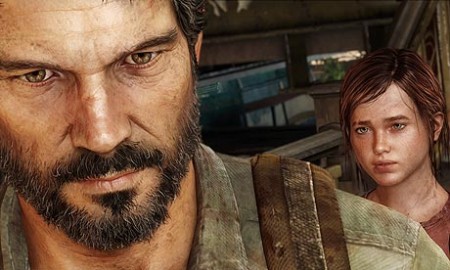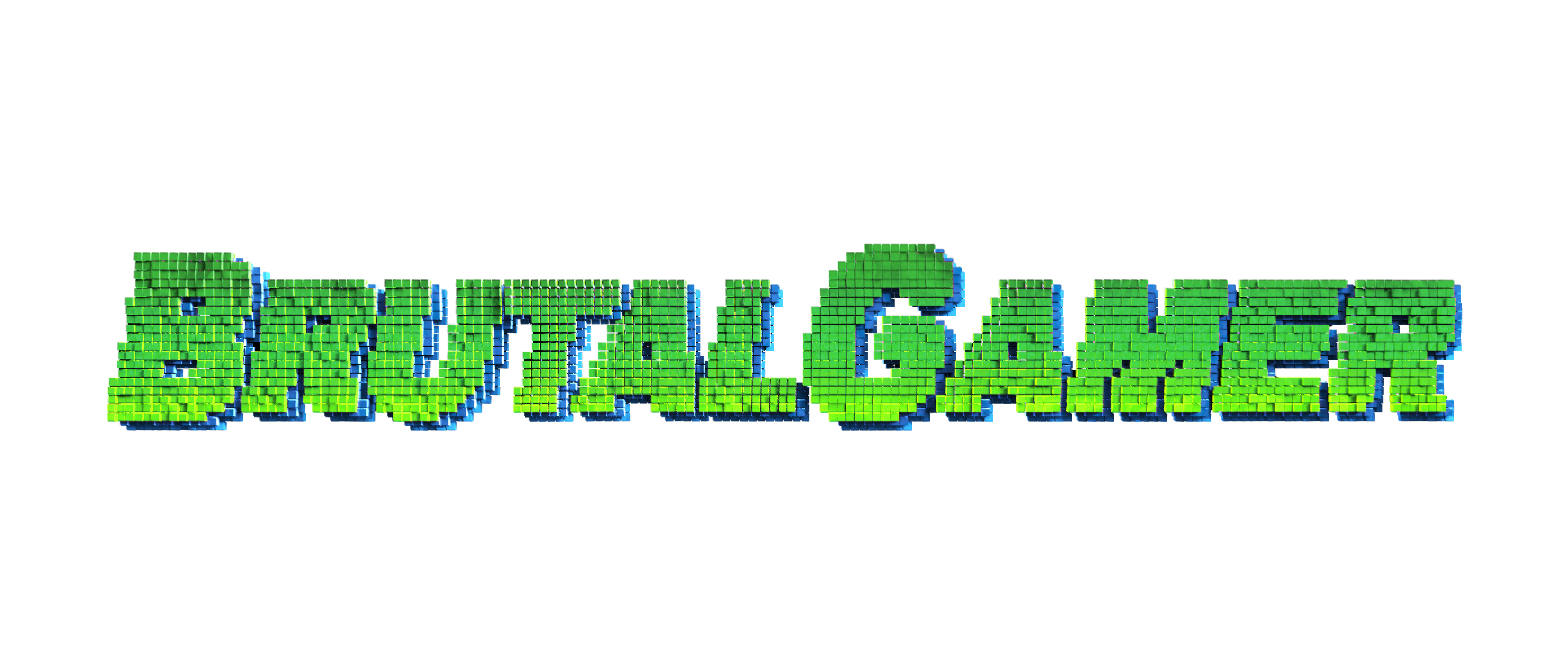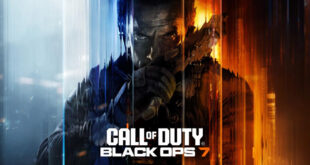What is ‘Game Accessibility’? Let our newest columnist Josh Straub, creator of the DAGER system, fill you in.

Watch Dogs and Assassin’s Creed are two of the biggest titles coming out later this year, and even if you don’t care about these two, there’s no doubt you are looking forward to some game that is coming out soon.
But would you be nearly as excited if you knew that, when you purchased the game, there was only a fifty percent chance that your controller would be compatible with it? What if you knew that you might not be able to make Edward Kenway perform stealth assassinations? Would you be nearly as excited for the new Assassin’s Creed? Of course not! You’d be wary, because buying these games would be a gamble. Believe it or not, it’s a gamble that millions of gamers have to make each time they buy a title— myself included.
I am a disabled gamer, but that doesn’t stop me from playing. My disability affects my hands and slows my reflexes. As a result, many games that are full of QTEs (Quick-Time Events- ed) represent a big gamble for me because when I buy them I may not be able to progress through them. For example, The Last of Us is one of my favorite games of all time, but because of the game’s many door opening sequences, there were times when I had to rely on someone else for help because my hands were too tired to execute rapid button taps. If I hadn’t had that help, buying The Last of Us would have been a waste of money for me because I would have gotten stuck. I would have wasted my money purchasing it new because I wouldn’t be able to return it for a full refund. A game’s accessibility is important to me—not as an empty phrase, but as a way of life.
Unfortunately, because the word accessible means different things to different gamers, it’s very difficult to come up with one hard and fast definition for what an accessible game is. In fact, there are four categories of disabilities each of which affects gaming in a different way. These are cognitive (mental) disabilities, fine motor disabilities (which affect the hands), sensory (sight and hearing) disabilities, and ambulatory disabilities (which affect a gamer’s ability to walk).

It’s also important to understand that game accessibility is not about dumbing down games. No gamers, not even disabled gamers, would advocate removing all the challenge from a boss fight. A move like this would alienate more gamers than it would help, since disabled gamers are a minority—even if they do number in the millions.
It is also critical to realize that game accessibility is not the same as hardware accessibility. Many think that game accessibility is simply a matter of changing the physical components of game hardware to make consoles and controllers more accessible. While eventually hardware accessibility must be addressed, it is not where the game industry needs to start. Software holds many of the keys to game accessibility. For example, how hard would it have been for the developers at Naughty Dog to change the door opening QTEs from rapid button taps to a QTE where the player simply holds the button down? Fixes like these are the quickest and simplest way to make games accessible, and while they may not address all the needs of all disabled gamers, software accessibility is the best place to start.
The definition of game accessibility that I use on my website is giving as many players as possible the best opportunity to completely experience a game. When a disabled player cannot play a game, it is usually not because they cannot figure it out. It’s usually because the game doesn’t flex to accommodate the player’s needs. And most of the time, the fixes for inaccessible games are relatively simple. Would it have been hard to give players the option to turn off the QTEs in The Last of Us?

The question remains, why bother developers to make their games accessible? There are two reasons. The first is simple: The disabled population in the United States alone has an annual discretionary income of $220 billion. That’s $220 billion which could be injected, in part, into the game industry if gamers weren’t forced to gamble with their money every time they bought a game. Second, games are more than a past time for many disabled people. Personally, I have used games to manage pain. During therapy as a child, I would often switch on my 3DS to take my mind off the pain the stretches were causing. As an adult, I’ve found an escape from my disability in the world of MMOs. These games have the unique ability to empower disabled gamers by hiding their disability behind an avatar. When I play, I know that I’ll be judged by my words and actions, not by my strange tone of voice or the fact that I sit in a wheelchair.
The reality is that game accessibility is important, because if games don’t become accessible, millions of disabled people will miss out on the fun and escape that games can offer.
Josh Straub is the Editor in Chief of DAGERS, a site that evaluates video games based on their physical accessibility for the disabled. On a weekly basis, he writes reviews, previews, and editorials on topics related to game accessibility. For more information, please visit dagersystem.com.
 BrutalGamer Bringing you Brutally Honest feedback from today's entertainment industry.
BrutalGamer Bringing you Brutally Honest feedback from today's entertainment industry.





